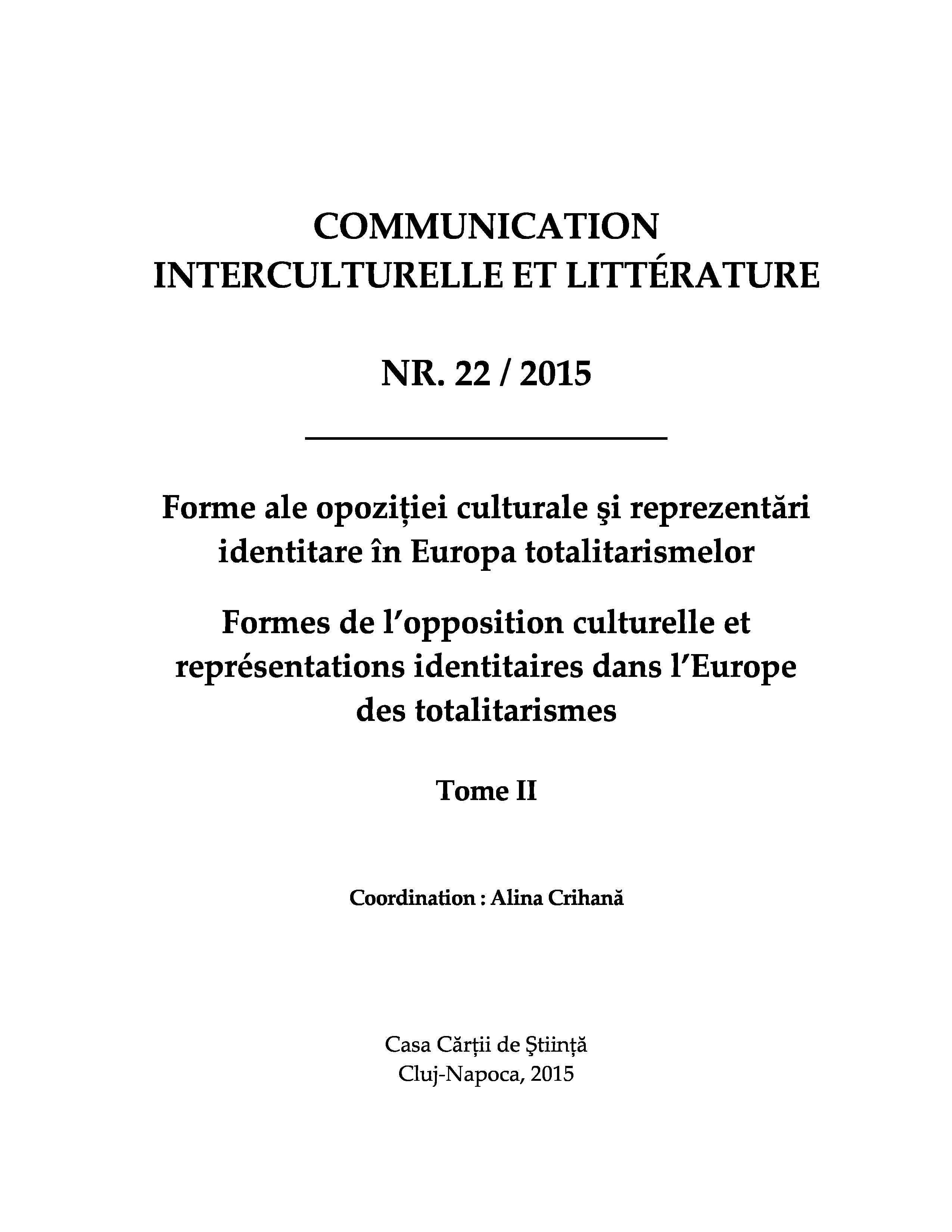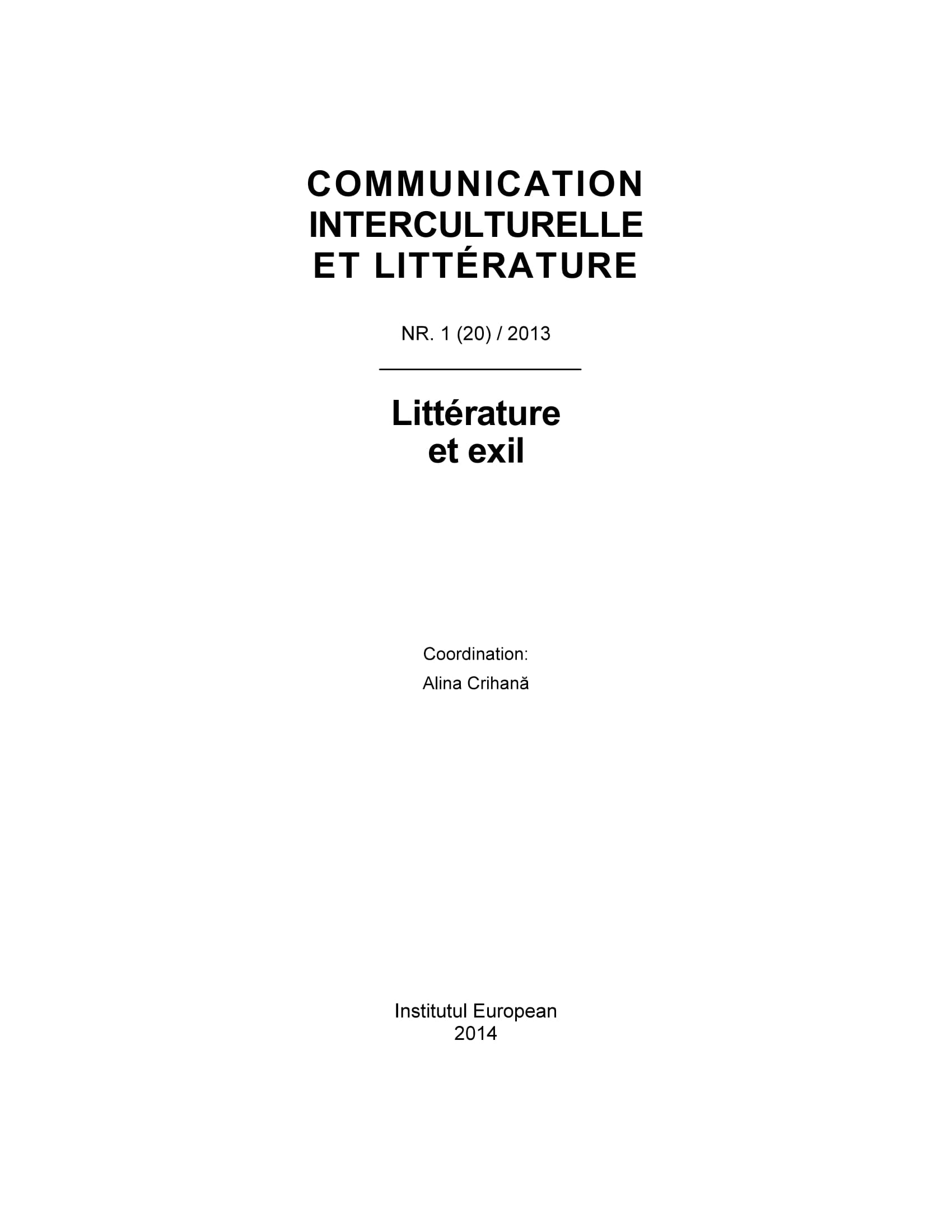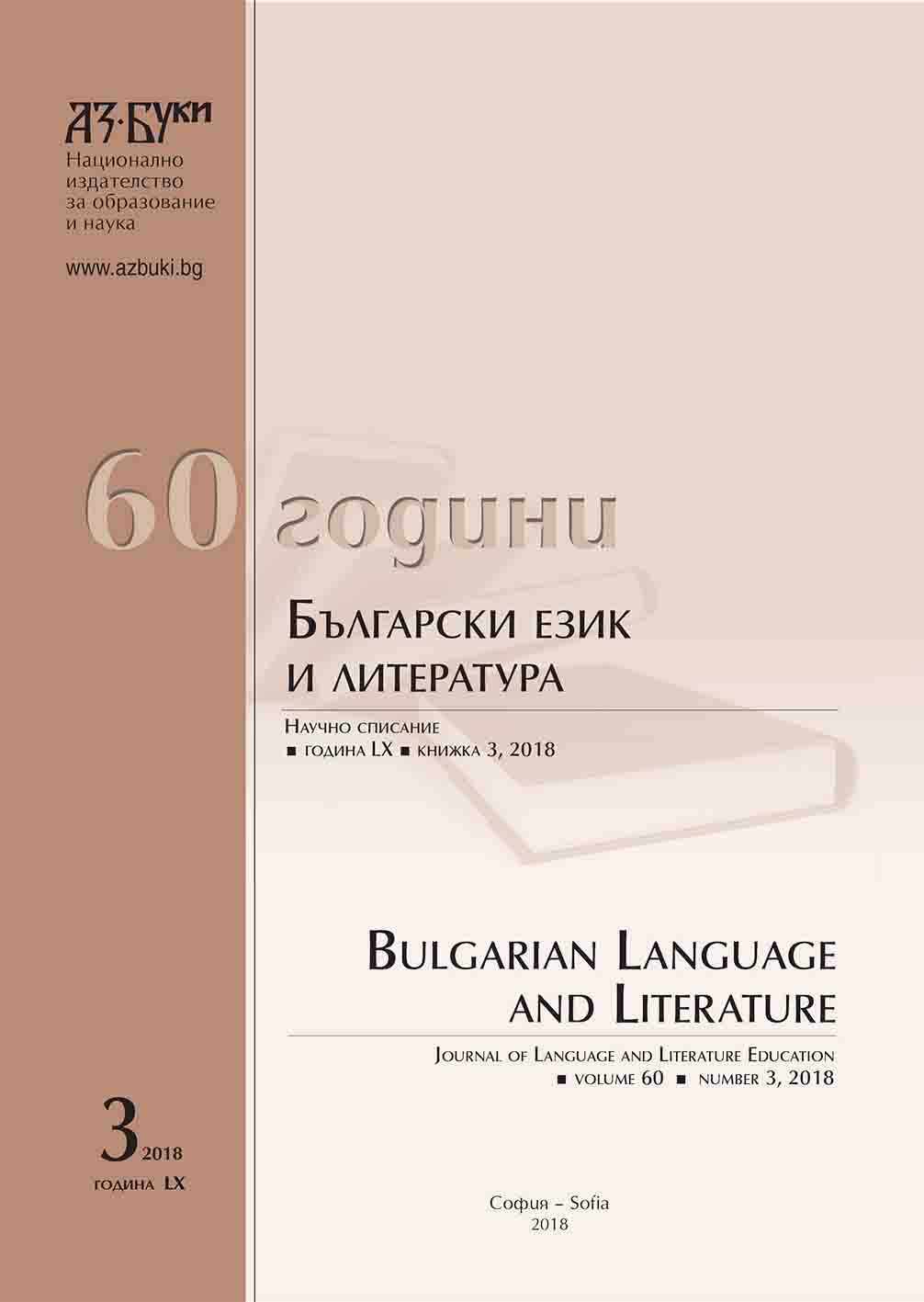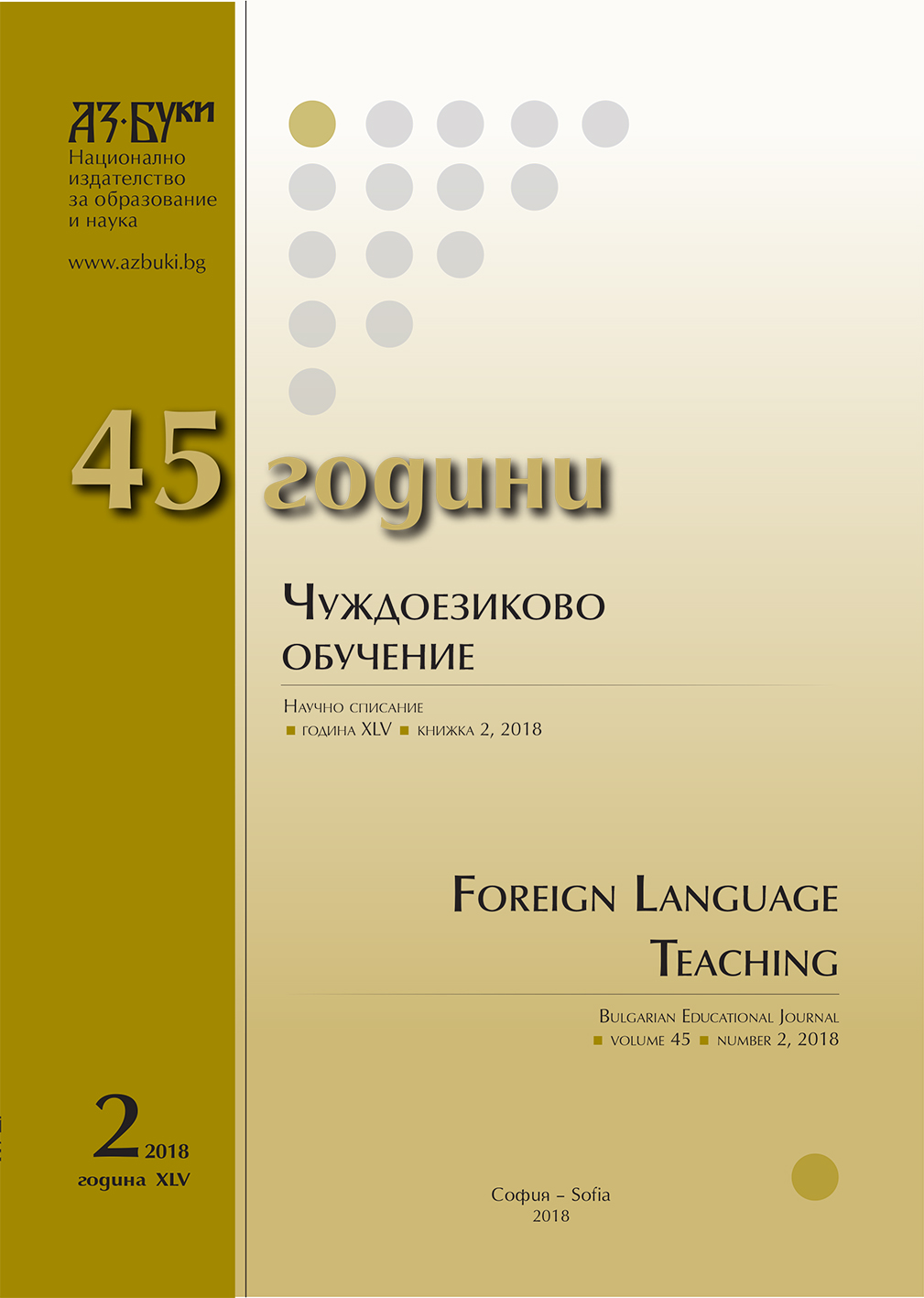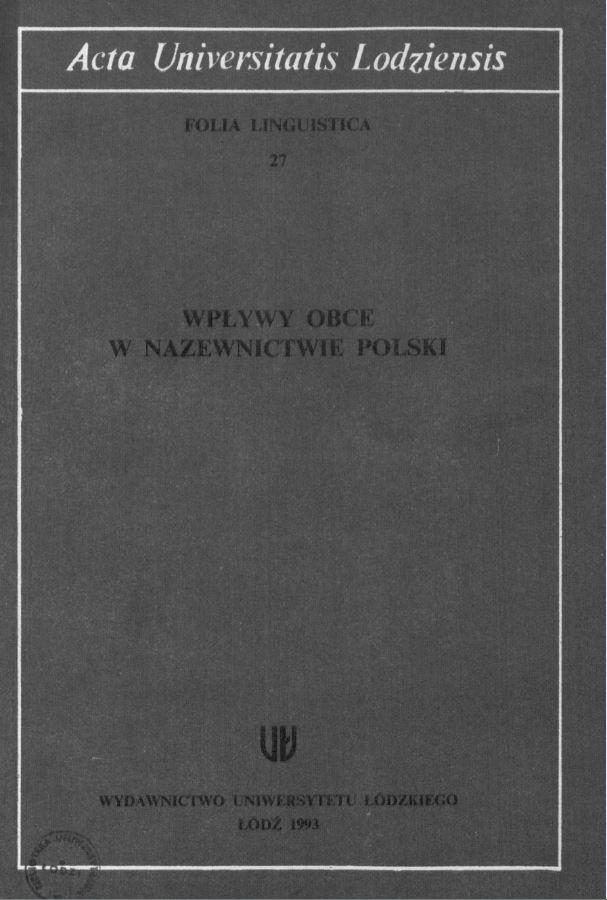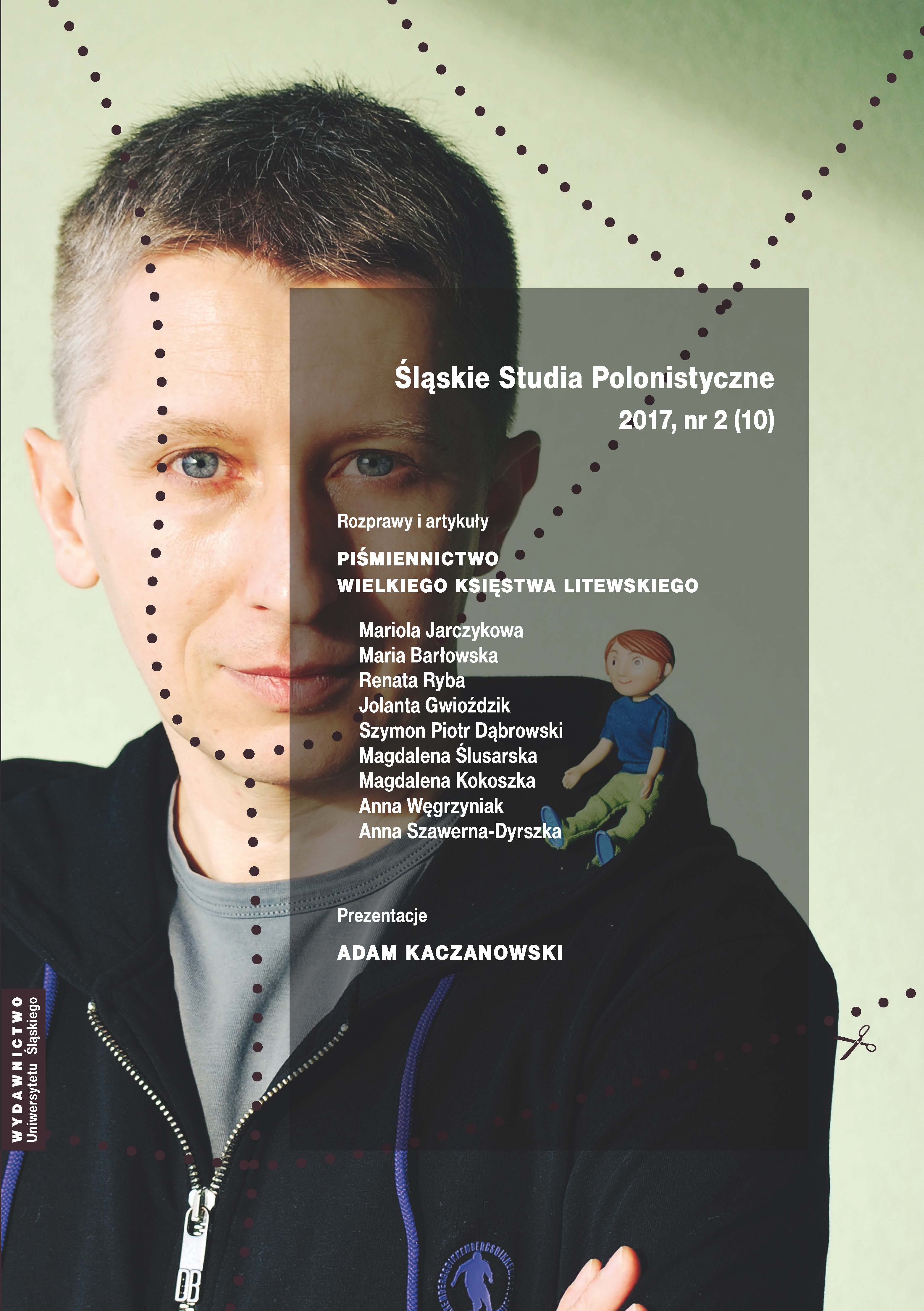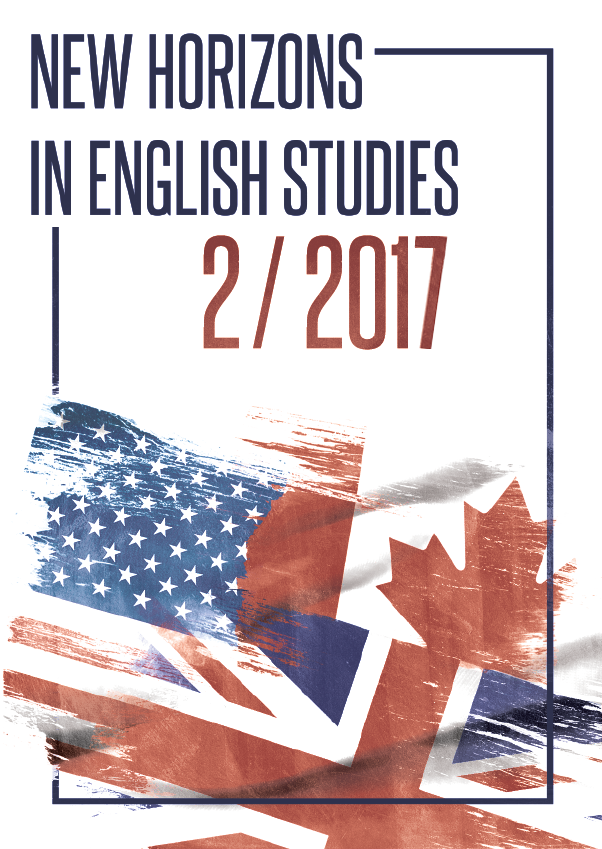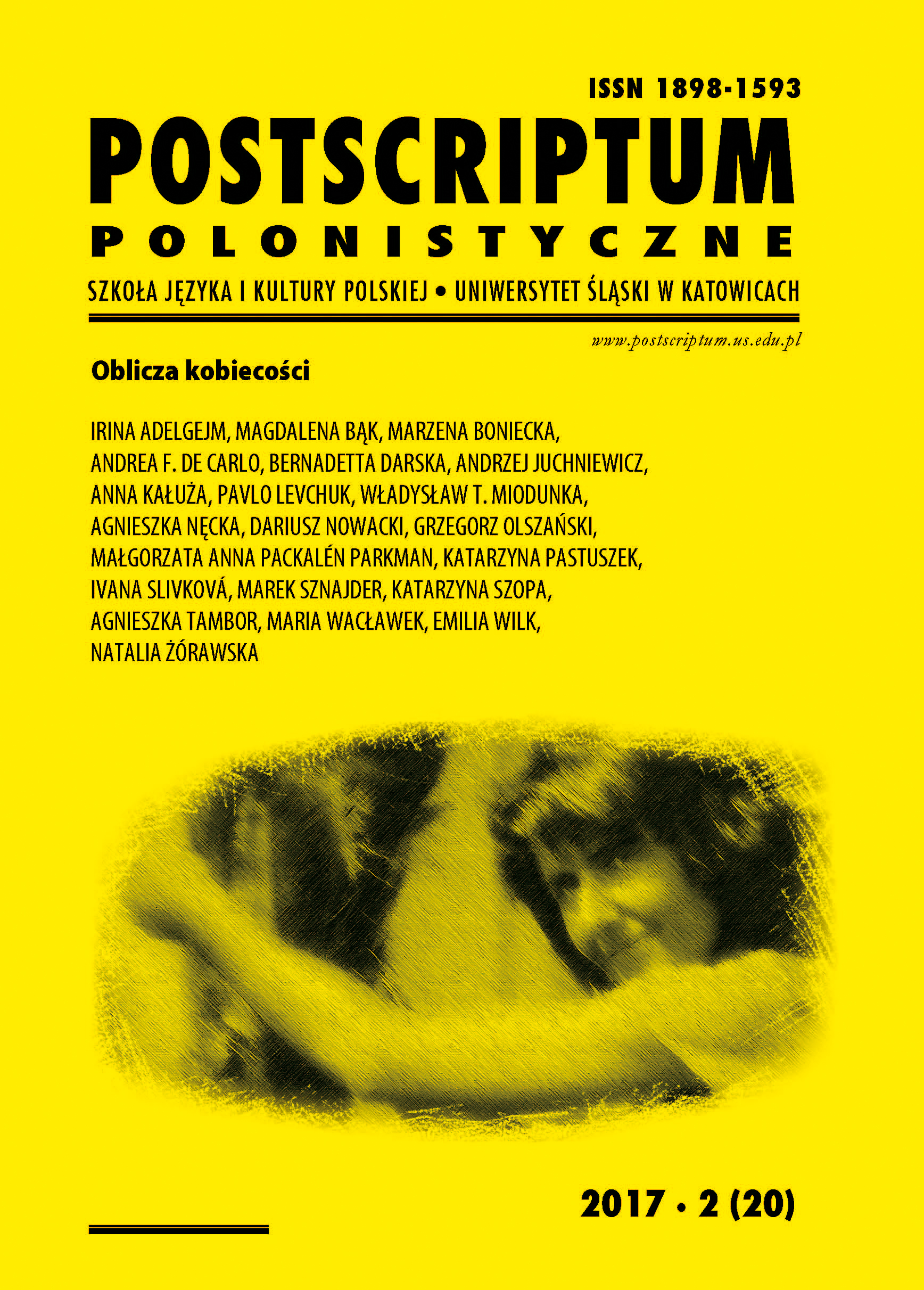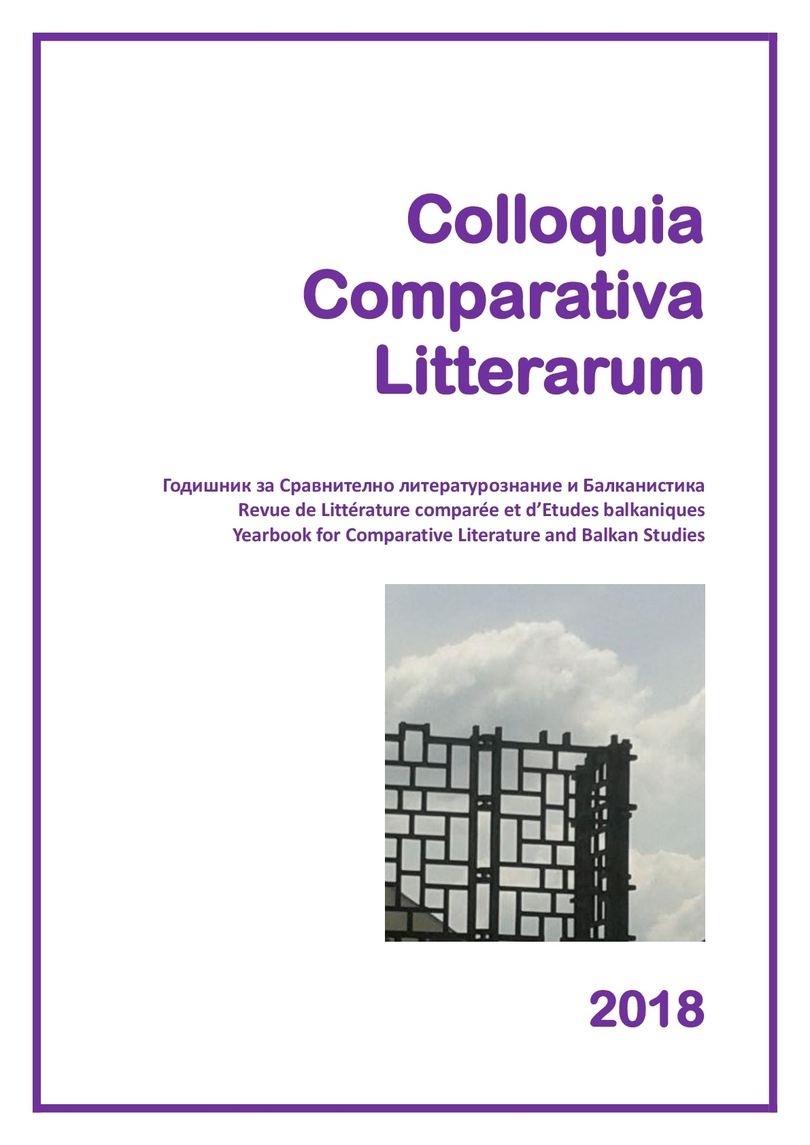Author(s): Gina Aurora Necula / Language(s): Romanian
Issue: 3/2010
Începând din anul 2007, ACADEMIA ROMÂNĂ prin INSTITUTUL DE LINGVISTICĂ „IORGU IORDAN – AL. ROSETTI” s-a alăturat Consiliului Naţional al Audiovizualului în acţiunea de monitorizare a posturilor de radio şi televiziune privind calitatea limbii folosite în diverse emisiuni. Această colaborare a dus la alcătuirea Raportului de consultanţă care se face public anual şi care, în anul 2010, a stat la baza editării unei cărţi destinate elevilor, în principal. Din echipa de cercetători care a interpetat datele monitorizării fac parte: Blanca Croitor, Andreea Dinică, Adina Dragomirescu, AnaMaria Mihail, Carmen Mîrzea Vasile, Isabela Nedelcu, Alexandru Nicolae, Irina Nicula, coordonator Rodica Zafiu, iar monitorizarea a vizat 12 posturi de televiziune (TVR 1, Antena 1, Pro TV, Realitatea TV, Prima TV, TVR 2, TVR Cultural, Kanal D, Antena 3, B1 TV, OTV şi N24 Plus) şi două posturi de radio (Radio România Actualităţi şi Europa FM), alese în funcţie de: audienţă, acoperire naţională, pondere a emisiunilor informative şi de dezbatere, asumarea unui rol cultural şi educativ.
More...

